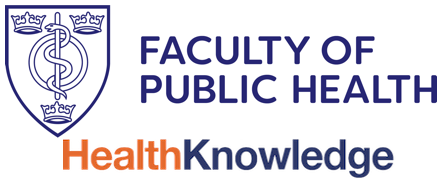Evaluation: Critical assessment on as rigorous a basis as possible of degree health service fulfils stated objectives.
Approaches to evaluation:
1) Donebedian: Donabedian approach to Defining or Evaluating Health Care
Structure:
Inputs/resources
- Beds
- Staff --> doctors, nurses, porters…
- Building
- equipment
- funding
Process:
Activity/use of resources
1. consultation/interpersonal skills
2. Bed occupancy
3. Referral patterns
4. Prescribing practice
5. Admission procedures
How services are delivered organised and used. How resources used?
Output:
Productivity/throughput
- length of hospital stay
- waiting times
- discharge rates
- access
- effectiveness
- equity
Outcomes:
Effectiveness of activity/change in health status
- Mortality
- Morbidity
- Complication rate
- Disability
- Quality of life
Lohr (1988) 5D's of healthcare outcome:
- Death
- Disease
- Disability
- Dis-satisfaction
- Discomfort
Donabedian = America GURU of Health Care Analysis
2) Maxwell
Social Acceptability (Humanity) 'the quality of being human'.
Effectiveness
Efficiency (cost/benefits)
Relevance to need
Equity - fair d/n
Accessibility
Locality
- aim to evaluate all 7, but impossible to maximise all dimensions
- multi-disciplinary input
Mnemonic 'SEE REAL'
3) NHS performance assessment framework - (Can use with Maxwell's)
For High Performance Indicators
Health Improvement Public Health
Fair Access ---- Equity
Appropriate Delivery of effective health ---- EBM
Efficiency ---- Finance
Patient/carer experience ---- complaints/survey
Outcome of NHS care ---- audit
4) The Triple Aim:
Donald Berwick and the Institute for Healthcare Improvement (IHI) in the U.S. describes an approach to optimising health system performance based on the principle that new designs must be developed to simultaneously pursue improvement in three dimensions, the “Triple Aim”:
- Patient experience of care (including quality and satisfaction);
- Population health; and
- Per capita cost.
5) Darzi’s definition of quality:
In 2008, Lord Darzi published High Quality Care for All. Lord Darzi defined quality of care as:
- Clinically effective,
- Personal (focused on good patient experience) and
- Safe.
© Rosalind Blackwood 2009, Claire Currie 2016
